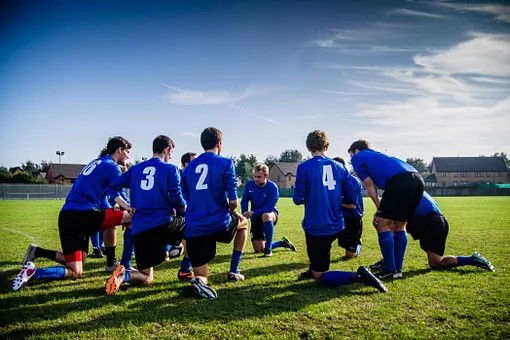Effective leaders accept a person’s value upfront

Leaders MUST have a different view of people. People are to be valued and developed, not used for the purposes of the leader. Leaders accept the fact that people have a present value as well as future potential. Effective leaders accept a person’s value upfront. They give them the gift of trust without requiring that they earn it first. Effective organizations have a different way of looking at how people work together. They desire to build community; a sense that all are part of a team with a compelling shared purpose to accomplish. They resist the tendency to “just get the job done” and are concerned more with the relationships with the people doing the job. Leaders know that people will be more impacted by the quality of relationships than they will be by the accomplishment of tasks. Therefore, they intentionally work to build a community that works together and learns to serve one another in the process.
This becomes the most difficult and crucial challenge for leaders of major change,
the process of motivating and inspiring people
not just to do what you want, but to want what you want
The challenge becomes the understanding and ability of leadership to target the desired behaviors throughout the organization; behaviors that clearly define and set the expectation for the experiences, beliefs, behaviors, and actions that achieve distinctive competencies. Leadership must be strong enough, knowledgeable enough, committed enough to be willing to take on the soft stuff associated with culture transformation developing maturity in the human value stream. Pietersen (2002) has written that the critical aspect of breakthrough versus incremental change as “you will never be a long-term winner through continuous improvement alone. You must also seek and create breakthrough changes” (p.33).



